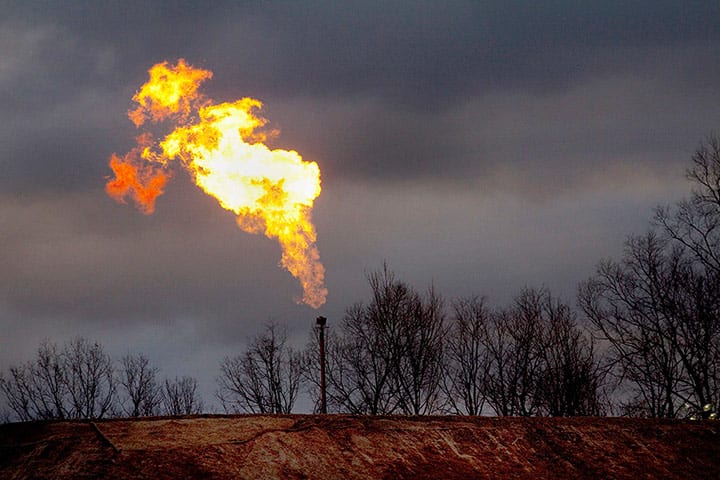 There are days of late when the solar revolution seems to be an inevitability, and an imminent one.
There are days of late when the solar revolution seems to be an inevitability, and an imminent one.
When one reads that by 2020 an “energy trio” purchase of solar roof plus electric vehicle plus domestic battery will be able to pay for itself within six to eight years, while giving a 7% pre-tax return on investment, how could it be otherwise?
Especially when that prognosis comes from a team of analysts at the world’s biggest private bank. Such developments, UBS says, will change the face of the energy industry.
But then there are days when the vehemence of the incumbency’s rearguard action is so daunting that one wonders if Big Energy can delay the solar revolution, maybe for years, or even derail it.
This is what most of the incumbents want, of course. The Magritte Group of fossil-fuel diehard corporations, led by GDF Suez, is lobbying across Europe for mass fracking and an end to renewables subsidies of all kinds. These companies want renewables cut back so that gas investors aren’t deterred.
They are listened to in high places. Across Europe, leaders want to believe the beguiling narrative of shale plenty. At the regular EU-US summit in March this year, they asked Barack Obama to share some of America’s shale bonanza, to help Europe escape the yoke of Vladimir Putin’s hydrocarbons. Obama did not rule out the possibility.
UK Prime Minister David Cameron aims to produce so much fracked gas and oil in the countryside that he will force the price of gas down to a level that will entice manufacturing industry back to Britain. His government may not be ending renewables subsidies quite yet, but it has ambushed the solar industry with a default on a subsidy promise so potentially severe that companies, including mine, are taking it to court. Again.
In the face of this political “leadership”, and the cheerleading that goes with it, it seems almost impertinent to state what ought to be increasingly obvious. The entire shale narrative is an illusion. It is one of those bubbles that we humans seem so good at fashioning: a new asset class that inflates for a few years and then vaporises before our eyes, just as derivatives of mortgage-backed securities did in 2007.
The drillers in the American boom are losing money hand over fist, clocking up debt and writing off assets by the multiple billions of dollars. Stated simply, we are dealing with an industry that is, on the whole, facing operating costs that are routinely higher than sales prices. Bloomberg headlines describe “Shale drillers feasting on junk debt to stay on treadmill” and ask: “Is the US shale boom going bust?” Yet the myth-spinning surges on.
Dysfunctional governance and failure of regulation allows this. What else can it be when 66 of 73 US shale drillers report far higher assets in shale to the public than they do to the Securities and Exchange Commission?
It can only be company boards blind to systemic overexuberance, and supine regulators not doing their duty properly, that allow this dysfunctional situation. Shale drillers lobby openly for relaxation of rules on classification of reserves and resources, so that they can hype their assets. We have seen all this before. It happened in the run-up to the Enron scandal.
If an industry can pull the wool over people’s eyes systemically like this on economics and asset assessment, it can on environmental matters too. This is an industry that has bent over backwards to screen its abuse of the local environment from regulatory scrutiny. But now its efforts to keep doing so are unravelling fast.
So is its campaign to mask its impact on the global environment. The scale of methane leakage all along the chain from reservoir to hob is beginning to look very worrying. It is clear that when fair monitoring and auditing is finally done, gas may prove to be worse than coal in the global warming blame game.
As for the political feasibility of exporting the US shale boom to Europe, just look at the drilling-pad density in a typical Texas sweet spot and imagine that imposed on rural England, with all the transport movements it would entail. And imagine the fate of any political party prepared to push that through.
And the gas industry wants renewables essentially cut off at the knees, en route to this “vision”? Most of the gas industry is the mortal enemy of the solar industry, make no mistake. We must defeat them in open battle, with information as our weapons of war. Or else our revolution may be postponed, perhaps for a long time.
Source: www.jeremyleggett.net. Reproduced with permission.







